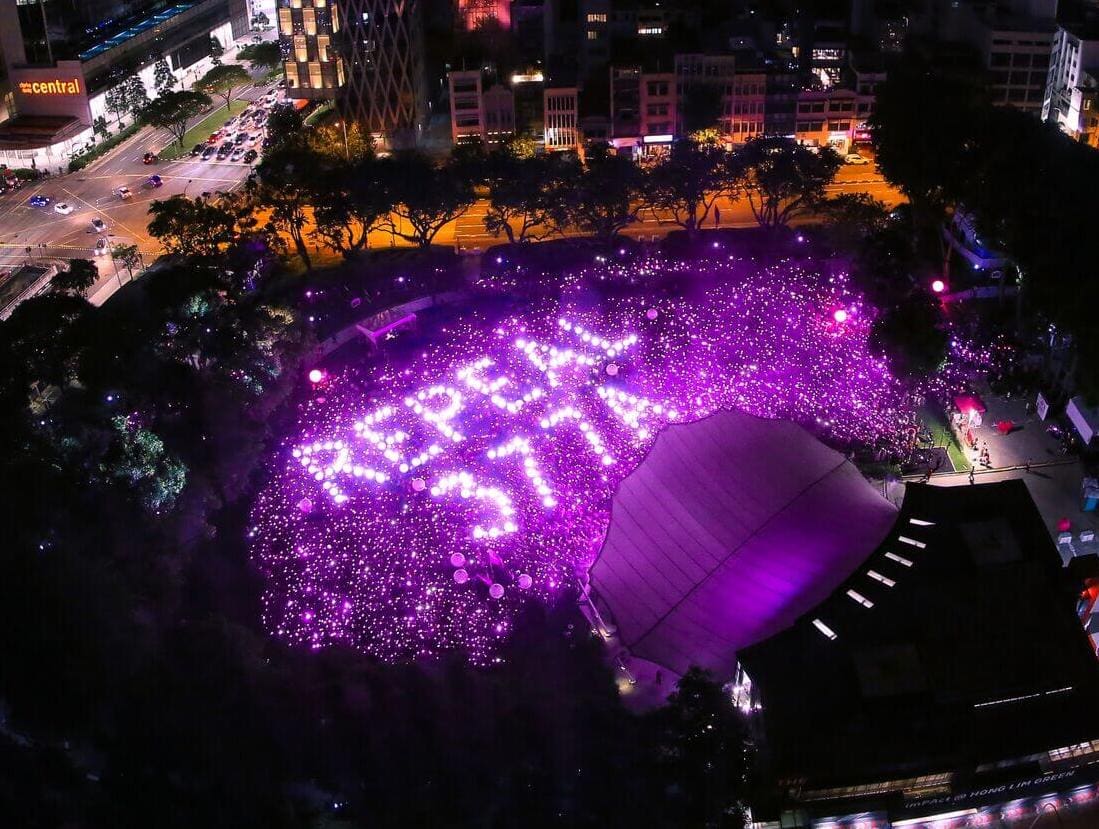The Constitutional validity of legislation outlawing homosexual acts was affirmed by the Singapore Court of Appeal last monday.
Challenges to the legislation argued that the law deprives LGBTQIA+ people of “life or personal liberty”, upheld under Article 9(1) of the Constitution of Singapore.
The challenges were dismissed by the court who reasoned: “ [The appellants] do not face any real and credible threat of prosecution under Section 377A at this time and therefore do not have standing to pursue their constitutional challenges to that provision.”
The ruling comes after another unsuccessful attempt to overturn the law in 2014. The Parliament of Singapore voted in 2007 to repeal the rest of Section 337, which prohibited oral and anal sex between consenting adults of any gender. Section 377A, however, remained in place.
LGBTQIA+ advocacy group Pink Dot Singapore (SG), who has been spearheading efforts to repeal the law, released a statement in response to the ruling: “The acknowledgement that Section 377A is unenforceable only in the prosecutorial sense is cold comfort.”
“It is time for our leaders to go beyond maintaining uneasy compromises and take affirmative steps towards equality,” the statement read.
“Section 377A’s real impact lies in how it perpetuates discrimination across every aspect of life: at home, in schools, in the workplace, in our media, and even access to vital services like health care.”
Pink Dot SG has provided inspiration for movements and protest actions across Asia, including in Malaysia with Pink Dot Penang 2014, a protest organised by a coalition of queer activist organisations. The protest was notably cancelled due to safety concerns related to opposition from conservative interest groups.
The law is a relic of British colonial rule and prohibits “acts of gross indecency” between men. Currently, such acts are punishable with a jail sentence of up to two years.
The challenges were inspired by the Supreme Court of India’s unanimous decision to overturn Section 337 of the Indian Penal Code in 2018.
The Singaporean judgement points to the 2018 prosecutorial policy established by Attorney-General Lucien Wong Yuen Kuai that signalled his intention to not enforce Section 377A.
While the Court of Appeal held that the law was “unenforceable” and therefore not unconstitutional, its enforceability is heavily contingent on the will of future Attorney-Generals, as they have the ability to reassert their right to prosecute Singaporeans under Section 377A.
The campaign to repeal Section 377A is expected to continue alongside similar campaigns in the 70 other countries in which LGBTQIA+ communities, individuals, and families are criminalised.





